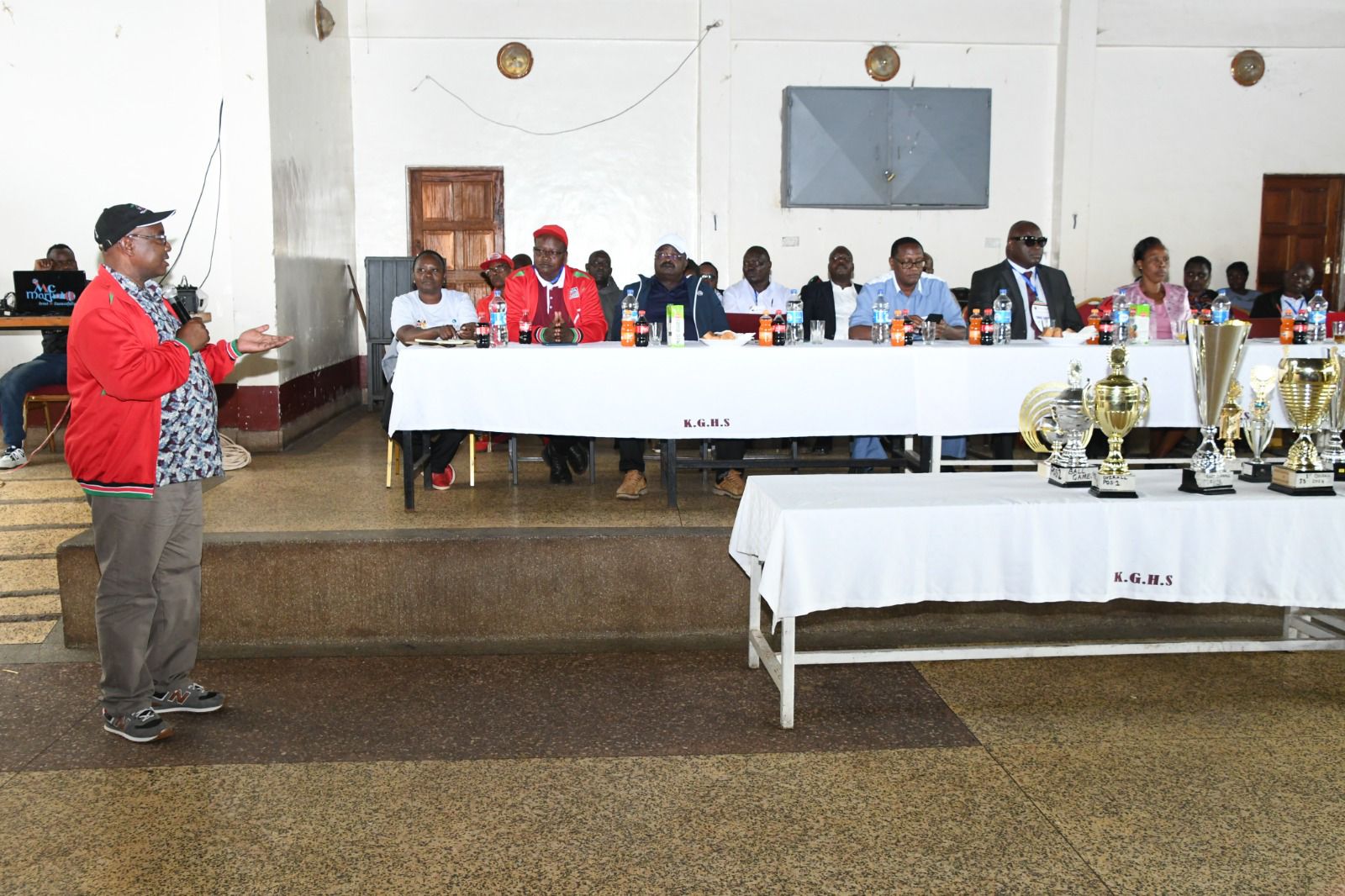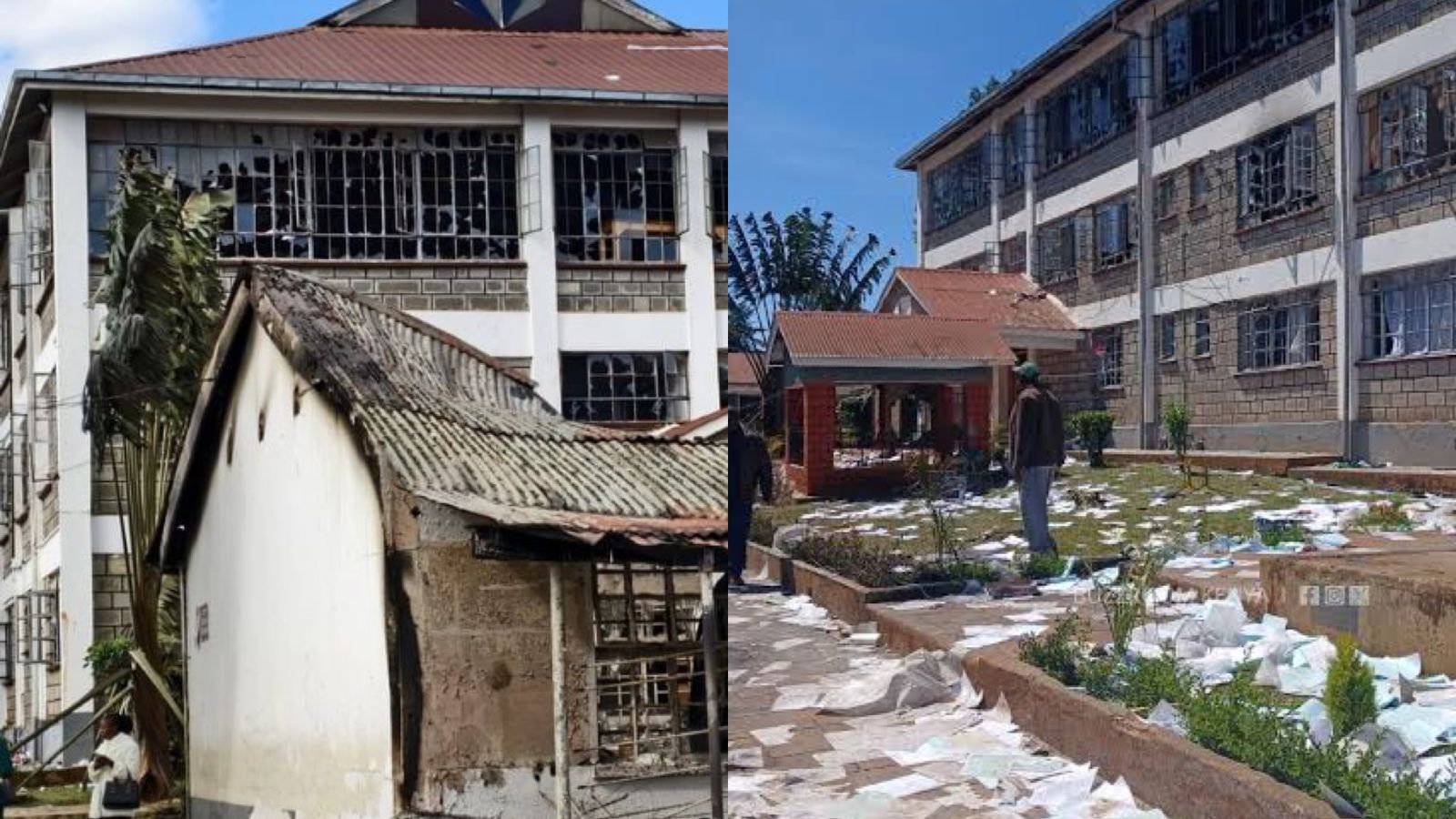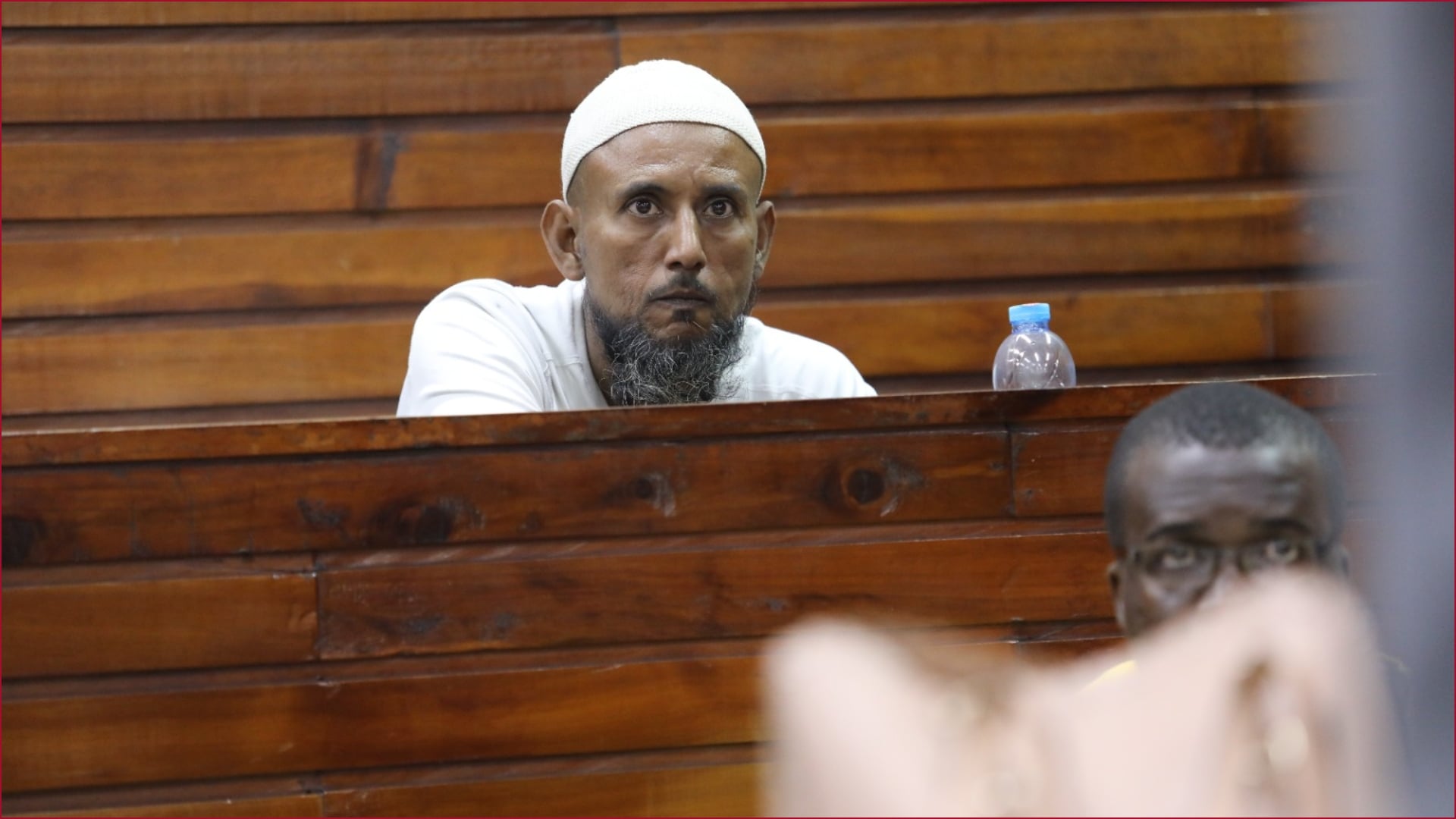The Ministry of Education has issued a warning to school principals in Kericho County against violating transfer and admission regulations.
In a letter addressed to all principals dated Tuesday, September 30, Kericho County Director of Education Julius Ngosheni reminded principals of the existing guidelines governing student transfers.
He emphasized that no school is permitted to admit a student without the proper authorization from the relevant education officers, depending on whether the transfer is within a sub-county, county, region, or between national schools.
Principals are also required to provide release letters clearly indicating the conduct of students seeking transfers, with strict responsibility placed on heads who cover up disciplinary issues.
Ngosheni said that any school with vacancies must initiate transfers through official communication, and that all transfer requests for the following year must be received by October 30 of the preceding year.
Read More
On mid-year transfers, he noted that they are only allowed under special circumstances.
However, Ngosheni warned that some school heads have been ignoring these rules, especially when dealing with students involved in strikes.
"It has however been noted that some Principals are flouting the above guidelines and admitting students who are changing schools after being involved in strikes.
"Some of these students have serious discipline issues that have not been handled by their respective Boards of Management. You are therefore directed to adhere to the above guidelines," he concluded.

The warning comes amid heightened tension in Kericho schools, where several institutions have been affected by strikes in recent weeks.
The most affected school was Litein Boys High School which was closed following a strike where learners destroyed property of unknown value.
According to reports, the rampage damaged several key facilities, with students targeting the principal's office, laboratory equipment, and window panes of the administration block during the overnight disturbances.
The extent of the destruction became apparent Monday, September 22, when education officials and members of the Board of Management convened an emergency meeting at the bus park to assess the situation and determine the next course of action.
According to reports, the strike reportedly stemmed from a disagreement between the students and the staff, after they were denied permission to watch the Premier League match between Arsenal and Manchester City.
The restriction reportedly triggered anger among football enthusiasts within the student body, escalating widespread unrest.
Days later, students of Tengecha Boys High School in Bureti on Tuesday, September 23, went on strike and set a dormitory on fire, destroying property of unknown value.
The unrest began at around 9 PM, when students went on the rampage before they torched one of the dormitories.
The tension sparked concern in the Kapkatet area, prompting the locals to quickly mobilize themselves and rush to the school.
Police officers were also deployed to the institution, and with the help of the locals, they restored order and stopped the unrest from escalating further.
In the wake of these strikes, Kericho Senator Aaron Cheruiyot called for the return of corporal punishment in Kenyan schools, arguing that its abolition has contributed to rising cases of indiscipline and unrest among students.
Speaking in an event on Tuesday, September 30, he insisted that the country must re-examine its education policies and engage in deeper discussions about discipline.
He suggested that removing corporal punishment had created an environment where learners no longer respect authority.
"We must have a bigger conversation as a country. Where did this policy that said we should remove corporal punishment in schools come from? I read the Bible, and the Bible says, 'if you spare the rod, you spoil the child,'" he said.
Cheruiyot defended the disciplinary methods used in the past, noting that they played a crucial role in shaping the character of many people today.
"We were caned in school, and that is why we are where we are today; teachers did not kill us, they were disciplining us and teaching us respect. Ever since this policy of no more corporal punishment was introduced, that is when things like strikes have been happening in our schools," he added.







